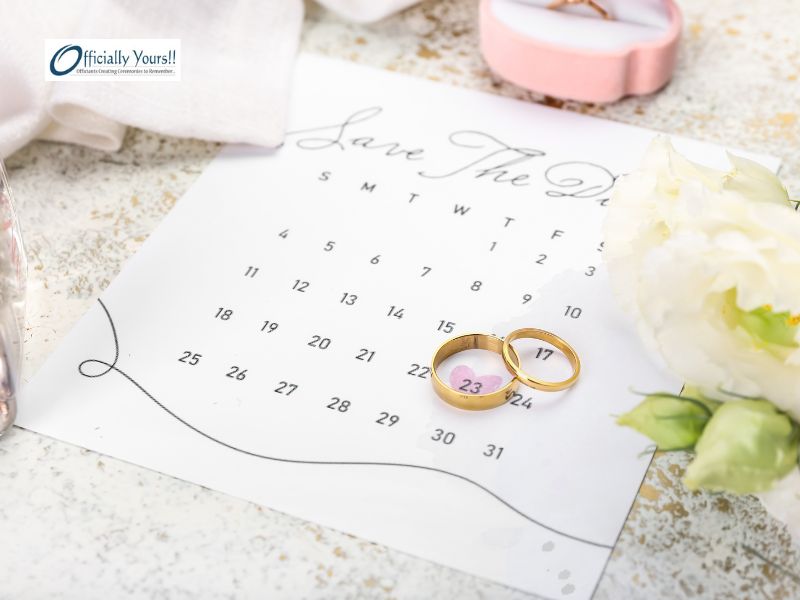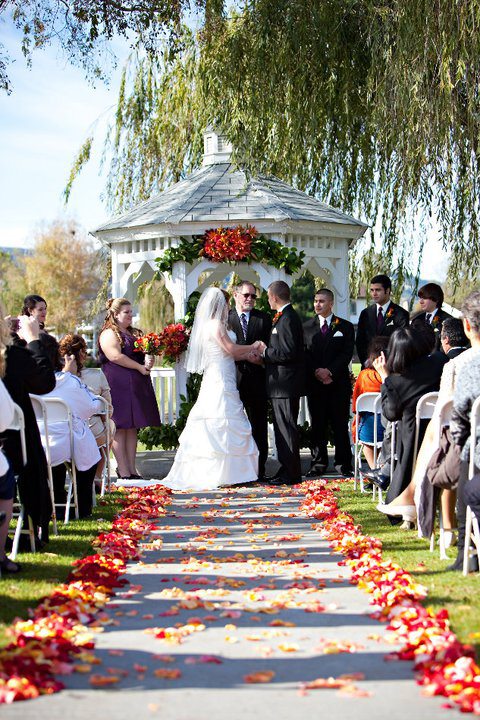What Order Should You Plan a Wedding?
What Order Should You Plan a Wedding? Planning a wedding can feel overwhelming, but with the right approach, the process can be enjoyable and rewarding. Many couples often find themselves asking, “How do I start planning my wedding?” This guide will provide you with a step-by-step approach to planning your special day, ensuring that nothing is overlooked.
1. Set a Budget
Before diving into the many details of planning your wedding, the first step is to establish a budget. This will serve as the framework for all your decisions moving forward. Consider all components of the wedding, including:
- Venue rental
- Catering
- Photography and videography
- Attire
- Flowers and decorations
- Entertainment
Discuss the budget openly with your partner and any family members who may be contributing financially. Having a clear budget in place will help you navigate priorities and avoid overspending.
2. Create a Guest List
Once the budget is set, it’s time to decide who you want to invite. Creating a guest list early allows you to have a better understanding of the kind of venue you’ll need and how much catering will cost. Start by making a rough list of everyone you would like to invite, then prioritize those names based on your budget and venue size.
3. Choose a Venue
The venue sets the tone for your wedding day and significantly impacts your budget. When choosing a venue, consider the following factors:
- Capacity: Ensure it can accommodate your guest list.
- Location: Is it easily accessible for your guests?
- Ambiance: Does it match your vision?
- Availability: Is your desired date available?
Popular venues might book up quickly, so it’s often advisable to secure your location as early as possible. This is one of the most important decisions, and it shapes many other planning aspects.
4. Select a Date
After securing the venue, choose a date for your wedding. You may want to consider time of year, any holidays, or significant dates for you and your partner. Keep in mind that some dates (like weekends in June or September) are traditionally popular for weddings, so if you have a specific date in mind, be sure to check venue availability as soon as possible.
5. Hire Key Vendors
Part of knowing how to start planning your wedding is understanding the critical vendors you need to secure. Some of the essential wedding vendors include:
- Wedding Planner: If your budget allows, hiring a wedding planner can save you time and reduce stress.
- Photographer/Videographer: It’s essential to find someone whose work you love and who can be available on your date.
- Caterer: Research options early if you prefer catering. Many venues require you to use their in-house caterer.
- Florist: Discuss your vision for floral arrangements with several florists to find one that resonates with your theme.
Make sure to read reviews, ask for recommendations, and get multiple quotes before making your final decisions.
6. Create a Timeline
Creating a wedding timeline is crucial for staying organized and ensuring everything runs smoothly on your big day. Here are key milestones to include in your timeline:
- Engagement period: When do you want to announce your engagement?
- Booking vendors: Aim to secure all major vendors at least six months before your wedding.
- RSVPs: Set a deadline for your guests to respond to your invitation.
- Rehearsal Dinner: Schedule this for one to two days before your wedding.
By mapping out these critical dates, you can avoid last-minute stress.
7. Plan the Wedding Day Details
As your wedding day approaches, you’ll need to finalize the details, including decorations, attire, ceremony specifics, and more. Be sure to stay in close communication with your vendors during this time. Additionally, create a day-of itinerary to help keep the day running smoothly.
What Order Should You Plan a Wedding? – Final thoughts
Planning a wedding involves a series of steps, and knowing how to start planning your wedding can significantly alleviate the stress associated with it. By setting a budget, creating a guest list, choosing a venue, and hiring vendors, you’ll ensure that your wedding day is as beautiful and seamless as possible.
Remember, the key to a successful wedding is to enjoy the journey and celebrate your love. Each step is a momentous part of this exciting chapter in your life!
Contact us today and let us help you plan your perfect wedding ceremony!



Follow Us!